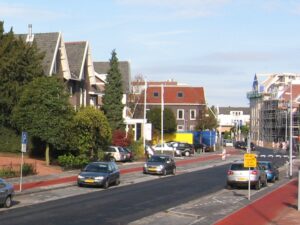Tel Aviv’s LaNua Project jumped eight spots in the rankings this week, after confirmation from UCAIR rankings that the project’s computing centers had finished their first datasets and begun to issue directives to project base stations. Project lead Moishe Levy commented on the importance of practical AI-assisted transportation in the city; “Tel Aviv is a complicated place, the result of years of villages and communities growing together from patchwork suburbs to a unified whole. It’s a city of young people, who are always on the go. Being able to implement real solutions to help them get where they need to be is more than a high goal, it’s a day-to-day necessity.”
San Francisco’s understated Health4All team slowly crept up the rankings as well, thanks to a public data-gathering program that WCAIR judging staff called “remarkable” in its efficiency and organizational scope. The H4 team hopes to have more than 60% of the population of San Francisco surveyed by the end of the project, and by the end of this week had already surpassed 10%.
Weekly Spotlight
Municipal Harbor Regeneration Project, Phase 2: The harbour of Sydney, Australia, with its magnificent bridge and world-renowned Opera House, is a center for trade, tourism, and ecology. Long damaged by traffic and overfishing, in the past decades the City of Sydney has enacted new regeneration programs to safeguard the harbor’s biodiversity and integrity for its citizens. This multi-disciplinary program combines AI analysis of current patterns, bathymetry data, boat traffic, and other human impacts in order to construct a functional virtual model of Sydney Harbour as a jumping-off point for future regeneration projects.
Seonbaecar Joint Municipal Self-Driving Car Pilot Project: As home to many of Korea’s tech giants, Seoul is no stranger to self-driving car research. Seonbaecar uses donated prototypes from several of the country’s auto manufacturers in combination with a crowd-sourced ridesharing program to generate predictive AI models of how self-driving cars might be used to supplement Seoul’s pre-existing public-transit options. By creating new dedicated self-driving lanes that intermingle with transit corridors, the project aims to get Seoulites to their destinations faster, more comfortably and with less of an environmental impact than ever before.


